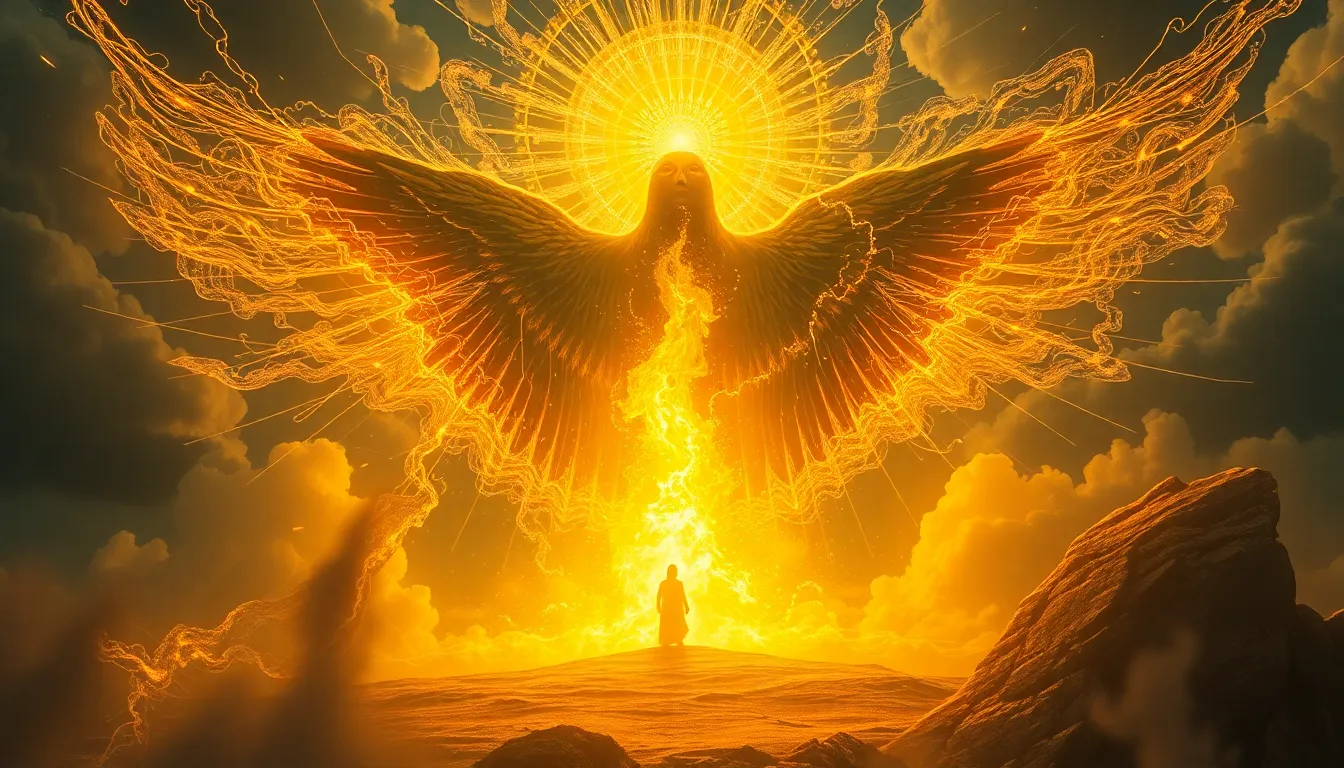Cultural Hero Myths: Legends That Shaped Civilizations
Introduction to Cultural Hero Myths
Cultural hero myths are foundational stories that encapsulate the values, beliefs, and aspirations of societies across the globe. Defined as narrative archetypes, these myths often feature protagonists who embody qualities such as bravery, strength, and sacrifice. They serve an essential role in cultural narratives, reflecting the concerns and ideals of the civilizations from which they originate. In this way, hero myths not only entertain but also instruct, offering moral lessons and embodying the collective identity of a people.
The Role of Mythology in Civilization Building
Mythology plays a crucial role in the formation and cohesion of communities. Through the shared experience of storytelling, myths unite individuals under a common cultural framework. They provide a means of transmitting knowledge, cultural norms, and values from one generation to the next. Myths often illustrate the following functions:
- Community Bonding: By sharing myths, individuals reinforce their cultural identity and sense of belonging.
- Education: Myths convey important lessons about ethics, morality, and social expectations.
- Historical Context: They offer insights into a civilization’s history and its struggles, triumphs, and transformations.
Archetypal Heroes Across Cultures
Common characteristics of heroes span cultures, with archetypes emerging that resonate universally. These heroes often demonstrate:
- Bravery in the face of adversity
- Self-sacrifice for the greater good
- A journey of transformation
Examples of archetypal heroes include:
- Gilgamesh: The epic hero from Mesopotamia, whose quest for immortality reflects humanity’s struggle against mortality.
- Hercules: The Greek demigod known for his strength and his Twelve Labors, representing the triumph of human spirit over challenges.
- The Buddha: A spiritual hero whose enlightenment journey offers profound insights into the nature of suffering and compassion.
Regional Variations in Hero Myths
Hero myths vary significantly across different regions, influenced by local cultures and historical contexts. Here is an examination of notable hero myths from various continents:
- Mesopotamia: The Epic of Gilgamesh serves as one of the earliest examples of hero myths, exploring themes of friendship, mortality, and the quest for knowledge.
- Greek and Roman Mythology: Heroes like Odysseus and Aeneas exemplify the virtues of cunning and duty, navigating complex moral landscapes.
- Indigenous Stories: Diverse hero narratives from Africa, the Americas, and Australia highlight the importance of nature, community, and spirituality.
The Impact of Hero Myths on Moral and Ethical Frameworks
Hero myths significantly impact the moral and ethical frameworks within societies. They often establish codes of conduct and social norms, guiding behavior and decision-making. Here are some examples:
- The Code of Hammurabi: Influenced by the hero figure, this ancient Babylonian code of law reflects the values of justice and order.
- King Arthur: The tales of Arthurian legend promote ideals of chivalry and honor, influencing Western moral thought.
The Evolution of Hero Myths in Modern Times
In contemporary society, traditional hero myths have undergone reinterpretation and adaptation. Modern media, literature, and films have reshaped the perception of heroes, often blending traditional elements with modern themes. Examples include:
- Superheroes in comics and films, like Spider-Man and Wonder Woman, who embody contemporary values of justice and empowerment.
- Reimagined tales of historical figures, such as Alexander Hamilton, portrayed in Broadway musicals that highlight their complexity.
Hero Myths and National Identity
Nations often co-opt hero myths to forge a sense of national identity and pride. These narratives serve to unify citizens and celebrate shared heritage. Notable examples include:
- George Washington: The founding father of the United States is venerated as a national hero, symbolizing leadership and sacrifice.
- Nelson Mandela: In South Africa, Mandela’s journey from prisoner to president embodies the struggle for justice and equality.
Critiques and Reinterpretations of Hero Myths
Despite their significance, traditional hero myths often face criticism for perpetuating colonialism, reinforcing gender roles, and marginalizing voices. Modern movements aim to reclaim or reinterpret these narratives, emphasizing:
- Diverse representations of heroism, including female and non-binary heroes.
- Acknowledgment of historical injustices and the voices of oppressed communities.
The Psychological Impact of Hero Myths
Hero myths influence personal identity and aspirations, shaping how individuals perceive themselves in relation to their culture. The act of storytelling plays a crucial role in crafting collective memory and addressing trauma. Through hero narratives, individuals find:
- A sense of purpose and motivation.
- Connections to their heritage and community.
Conclusion: The Enduring Legacy of Hero Myths
The legacy of hero myths continues to resonate in contemporary society, reflecting and shaping our collective consciousness. As cultural landscapes evolve, so too will these narratives, adapting to inspire new generations. The exploration of hero myths remains vital as they encapsulate timeless themes of courage, sacrifice, and the human experience, ensuring their relevance for years to come.



